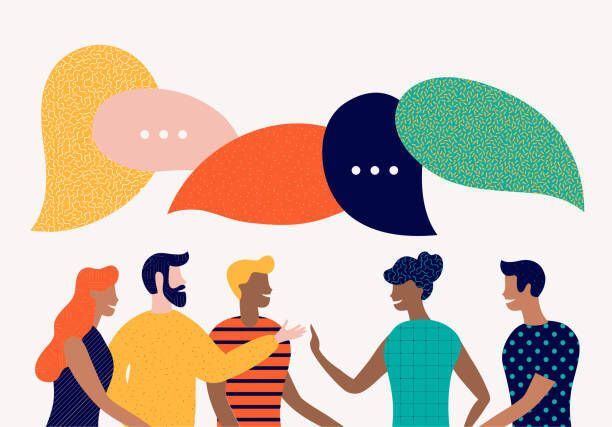
The humanitarian situation in Gaza remains a pressing global concern. Engaging in dialogue, especially for young adults and professionals, holds the potential to foster understanding, empathy, and contribute to meaningful change. Here are some strategies to engage in dialogue effectively:
1. Educate Thoroughly: Understanding the complex historical, political, and social context of Gaza is crucial. Young adults should delve into diverse sources, books, articles, and documentaries to grasp the multifaceted aspects of the situation. Informed knowledge forms the foundation for constructive discussions.
2. Create Inclusive Spaces: Establish safe and inclusive spaces conducive to open conversations. Whether it's hosting discussions in community centers, organizing online forums, or participating in structured dialogues, ensure an environment where diverse viewpoints are respected and heard without judgment.
3. Practice Active Listening and Empathy: Engage in active listening, allowing all participants to express their viewpoints without interruption. Embrace empathy to understand the emotions and experiences underlying each perspective. Encouraging empathy fosters mutual respect and understanding.
4. Navigate Complexity with Sensitivity: While acknowledging the multifaceted nature of the Gaza situation, it's crucial to approach these discussions with sensitivity. Discussing complexities might minimize or overlook the severe hardships faced by those directly impacted by the conflict. Aim to balance nuances while maintaining awareness of the lived experiences of individuals enduring the atrocities. Encourage discussions that honor the gravity of the situation without overshadowing the human suffering that persists in Gaza.
5. Transform Dialogue into Action: Dialogue should not remain just as conversation, but translate into tangible actions. Collaborate with others to support humanitarian causes, advocate for policy changes, or initiate community-based projects aimed at promoting peace and understanding regarding the situation in Gaza.
Young adults and professionals with savvy social media and networking skills possess a unique ability to amplify voices, raise awareness, and shape the discourse around the humanitarian crisis in Gaza. With these skills, they can effectively distribute information, encourage discussions, and mobilize support for initiatives aimed at addressing the crisis. Be sure to use these skills in meaningful dialogue to then take action!

